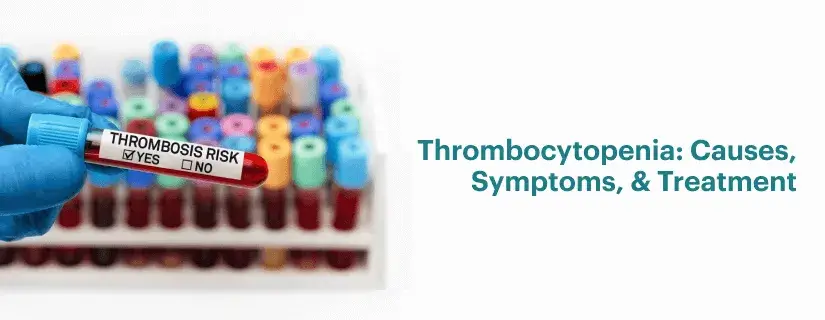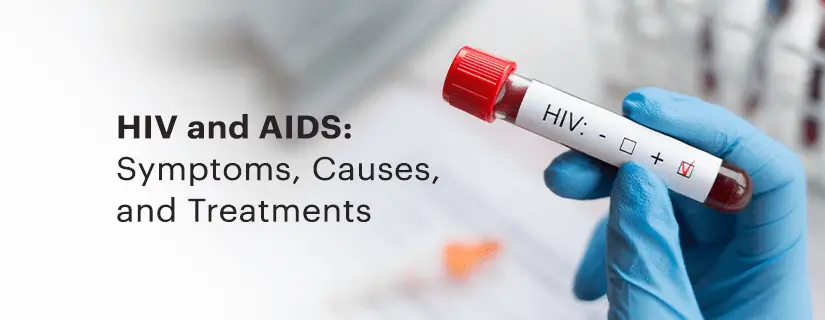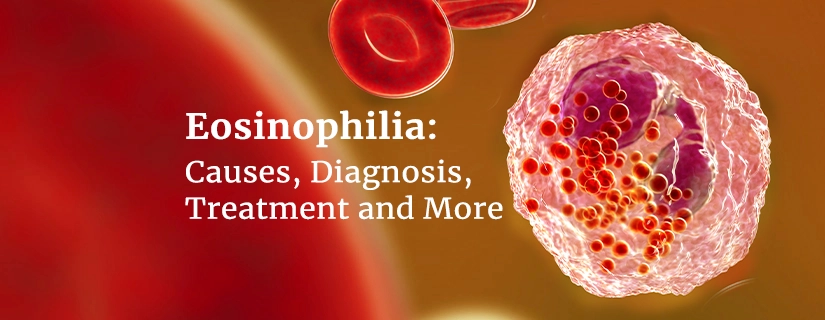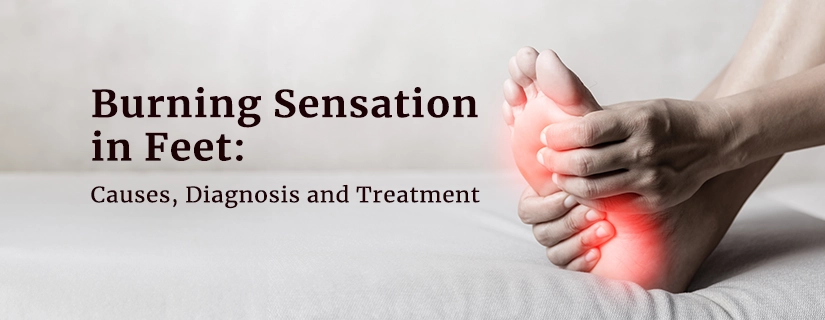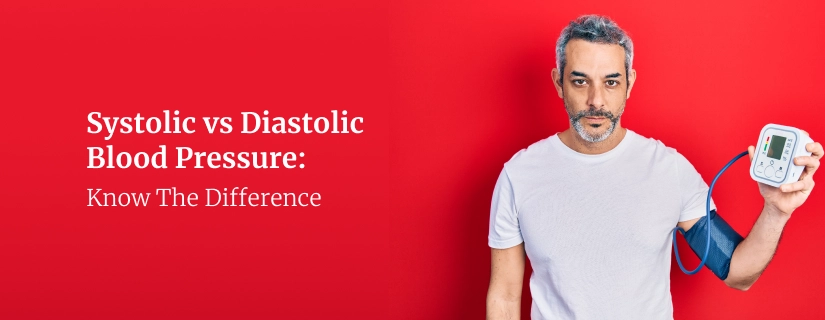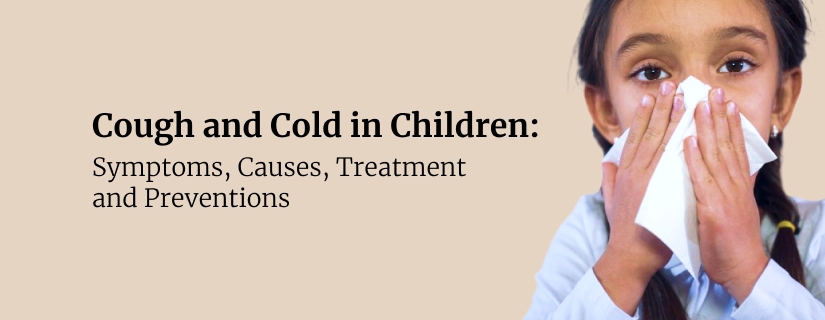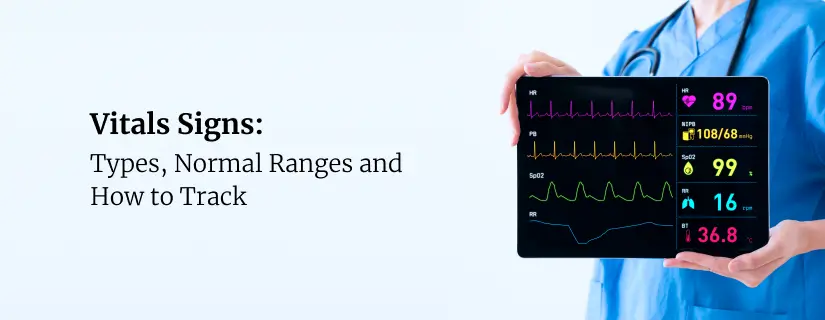-
Doctors
-
Specialities & Treatments
Centre of Excellence
Specialties
Treatments and Procedures
Hospitals & Directions HyderabadCARE Hospitals, Banjara Hills CARE Outpatient Centre, Banjara Hills CARE Hospitals, HITEC City CARE Hospitals, Nampally Gurunanak CARE Hospitals, Musheerabad CARE Hospitals Outpatient Centre, HITEC City CARE Hospitals, Malakpet
HyderabadCARE Hospitals, Banjara Hills CARE Outpatient Centre, Banjara Hills CARE Hospitals, HITEC City CARE Hospitals, Nampally Gurunanak CARE Hospitals, Musheerabad CARE Hospitals Outpatient Centre, HITEC City CARE Hospitals, Malakpet Raipur
Raipur
 Bhubaneswar
Bhubaneswar Visakhapatnam
Visakhapatnam
 Nagpur
Nagpur
 Indore
Indore
 Chh. Sambhajinagar
Chh. SambhajinagarClinics & Medical Centers
Book an AppointmentContact Us
Online Lab Reports
Book an Appointment
Consult Super-Specialist Doctors at CARE Hospitals
All You Need To Know About Sepsis
Updated on 13 September 2022
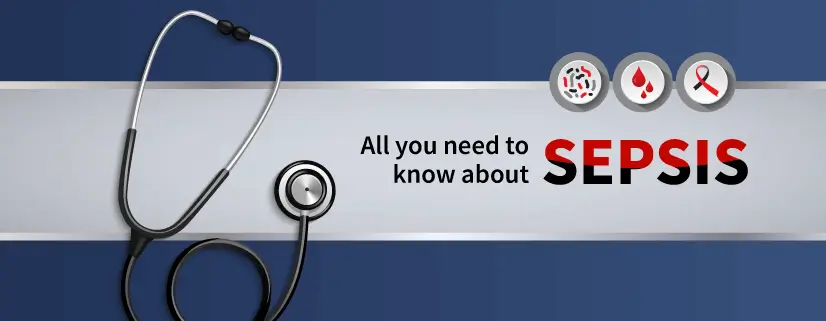
When the body reacts to any infection of an organ and starts damaging its tissues, it develops Sepsis, a potentially fatal illness. Organs start performing inappropriately when the body's infection-fighting mechanisms are activated. Sepsis may quickly cause tissue severe damage, organ failure, and death if not treated in a timely manner.
What Causes Sepsis?
Any kind of infectious pathogens that enters the body or toxins released by the pathogen has the potential to induce Sepsis. The infection may just affect a single organ, or it may spread via circulation to the entire body. The influenza virus, bacteria that cause gastrointestinal and urinary infections, and streptococcus pneumonia are some of the most common pathogens that causes of Sepsis.
Sepsis is typically caused by an infection that enters the bloodstream and triggers a systemic response from the body. The infection can originate from various sources, such as:
- Bacterial Infections: Most cases of sepsis are caused by bacteria. Common types include Staphylococcus aureus, Escherichia coli (E. coli), and Streptococcus.
- Viral Infections: While less common, certain viruses can lead to sepsis. Influenza and respiratory syncytial virus (RSV) are examples.
- Fungal Infections: Fungi, such as Candida or Aspergillus, can cause sepsis, particularly in individuals with weakened immune systems.
- Parasitic Infections: Although relatively rare, parasites can also lead to sepsis.
The process usually begins with a localized infection in a specific part of the body, such as the lungs, abdomen, or urinary tract. If the body's immune response is unable to contain the infection, it can spread to the bloodstream, resulting in sepsis.
Factors that may increase the risk of developing sepsis include a weakened immune system, chronic illnesses, older age, and invasive medical procedures or devices. It's important to seek prompt medical attention for infections and to be vigilant about managing and preventing infections, especially in vulnerable populations.
Stages of Sepsis
Sepsis can be categorized into three stages,
- Sepsis: Your body experiences inflammation as a result of an infection that enters your bloodstream.
- Severe Sepsis: Organ function is beginning to be impacted by the infection and inflammation.
- Septic Shock: A severe sepsis complication, known as septic shock, results in a considerable decrease in blood pressure. This may result in a number of grave issues, such as failure of the respiratory or cardiovascular systems, organ dysfunction, heart failure, stroke and possible death.
Symptoms of Sepsis
There are a variety of symptoms since Sepsis can develop in a variety of places on the body. Most common symptoms of Sepsis are as follows,
- Rapid Heartbeat
- Fever or Coldness (very low body temperature)
- Feeling Shaky or Cold
- Skin that is warm, clammy or sweaty
- Dizziness or Disorientation
- Shortness of Breath or Fast Breathing (Hyperventilation)
Symptoms of Severe Sepsis
Organ failure is a major result of Severe Sepsis. To be diagnosed with severe Sepsis, you must exhibit one or more of the following symptoms,
- Having trouble breathing
- Skin that is blue in tone, especially the lips, fingers, and toes
- A dip in body temperature that causes chills and reduced urine
- Dizziness
- Alterations in mental capacity
- Absolute weakness (asthenia)
- Reduced platelet count (thrombocytopenia)
- Abnormalities of the heart
- Unconsciousness
Signs and Symptoms of Severe Shock (Septicemia)
Severe sepsis and septic shock can develop from Sepsis very fast. It gets increasingly dangerous to your life as it changes. Some severe sepsis and septic shock symptoms, such as abrupt disorientation, blue skin, and severe trouble breathing, can coexist. Very low blood pressure is another significant sign of septic shock.
Risk Factors of Sepsis
Even while certain individuals are more susceptible to infection, everyone can get Sepsis. The following people are most at risk:
- Adolescent and Elderly
- Patients with compromised Immune systems, such as those living with HIV or receiving chemotherapy for cancer
- Intensive care unit patients (ICUs)
- Those who have been subjected to intrusive equipment like breathing tubes or intravenous catheters
Diagnosis of Sepsis
The Best Internal Medicine Specialist will prescribe tests if you exhibit signs of Sepsis in order to identify and assess the severity of your illness. The test performed would include,
- Blood test
- Wound secretion test
- Mucus secretion test.
A blood test is one of the initial evaluations. Your blood is examined for issues like,
- Issues with infection clotting
- Abnormal kidney or liver performance
- Lowered oxygen levels and an electrolyte imbalance that affects your body's water content and blood acidity
Your doctor may order other tests depending upon your symptoms and the results of your tests.
Treatment of Sepsis
If ignored, Sepsis can swiftly turn into septic shock and cause death. Sepsis Treatment In Hyderabad often includes professionals prescribing the following drugs,
- Antibiotics are given Intravenously (IV) to combat the illness.
- Drugs that raise Blood Pressure (BP)
- Insulin to maintain blood sugar levels
- Inflammation-reducing corticosteroids and painkillers for discomfort
If it is a severe case of Sepsis, large amounts of IV fluids, as well as a respirator for breathing, may be required. If the kidneys are affected, dialysis may be necessary. In rare circumstances, surgery may be required to eliminate the infection's cause. This could entail removing diseased tissue or draining an abscess that is filled with pus.
Recovery
The extent of your Sepsis and any other underlying medical conditions will determine how quickly you recover. In contrast, many people recover completely, but some experience long-lasting repercussions. According to the UK Sepsis Trust, it takes about 18 months for people who’ve had Sepsis to start feeling their normal selves again. Around 50% of those who have had Sepsis undergo a condition called Post-Sepsis Syndrome (PSS), which can cause long-term effects such as insomnia, nightmares, fatigue, and damaged organs.
Prevention
Preventing sepsis involves measures to reduce the risk of infections and promptly treating any infections that do occur. Here are some key strategies for sepsis prevention:
- Practice Good Hand Hygiene: Regular and thorough handwashing with soap and water can help prevent the spread of infectious agents.
- Keep Wounds Clean: Proper cleaning and care of wounds can prevent infections that may lead to sepsis.
- Vaccinations: Stay up-to-date with vaccinations to protect against preventable infections, such as influenza, pneumonia, and certain bacterial infections.
- Practice Safe Food Handling: Properly handle and cook food to prevent foodborne illnesses, which can lead to infections.
- Infection Control in Healthcare Settings: Healthcare providers should follow strict infection control protocols, including proper hand hygiene, to prevent healthcare-associated infections.
- Early Detection and Treatment of Infections: Promptly seek medical attention for any signs of infection, such as fever, redness, swelling, or unusual discharge. Timely treatment can prevent the progression to sepsis.
- Antibiotic Awareness: Use antibiotics only as prescribed by a healthcare professional, and complete the full course of treatment. Avoid unnecessary antibiotic use, as it can contribute to antibiotic resistance.
- Maintain a Healthy Lifestyle: Adopting a healthy lifestyle, including a balanced diet, regular exercise, and adequate sleep, can support overall immune function.
- Manage Chronic Conditions: Effectively manage chronic illnesses, as certain conditions can weaken the immune system and increase susceptibility to infections.
- Be Vigilant in Healthcare Settings: If you or a loved one is receiving medical care, be vigilant about infection prevention measures, and speak up if you have concerns about cleanliness or hygiene practices.
These preventive measures are essential for individuals of all ages, but particular attention should be given to those with compromised immune systems, such as the elderly, individuals with chronic illnesses, and those undergoing medical treatments that may weaken the immune response.
Complications
The symptoms of sepsis can vary in intensity, ranging from mild to severe. In more severe cases, there is a higher likelihood of experiencing complications. These complications may encompass:
- Formation of blood clots
- Elevated susceptibility to infections
- Death of tissues, known as gangrene
- Damage to organs
- Organ failure, with a particular impact on the kidneys, heart, and lungs
Conclusion
Sepsis is a severe and life-threatening condition resulting from the body's exaggerated immune response to an infection. This response leads to widespread inflammation.
It's important to note that sepsis itself is not contagious. However, infections, such as bacterial, viral, or fungal ones, that can instigate sepsis can be transmitted from person to person. An example is COVID-19, which can potentially lead to sepsis. Individuals at the highest risk of sepsis include newborns, seniors, and those with pre-existing health conditions.
Common symptoms of sepsis include fever or chills, a rapid heart rate, confusion, and difficulty breathing. Sepsis is a medical emergency, and immediate medical attention should be sought if sepsis is suspected, especially in the presence of a known infection.

ENQUIRY FORM
SELECT CATEGORIES
-
Neurosciences (16)
-
Neurology (37)
-
Neurosurgery (14)
-
Orthopaedics (48)
-
Oncology (33)
-
Obstetrics and gynecology (52)
-
Pulmonology (23)
-
Urology (20)
-
Nephrology (13)
-
Psychiatry (7)
-
Dietetics and Nutrition (111)
-
General Medicine (63)
-
Cardiac Sciences (32)
-
Vascular & Endovascular Surgery and Interventional Radiology (15)
-
Gastroenterology (46)
-
Endocrinology (23)
-
Plastic Surgery (10)
-
Critical Care Medicine (5)
-
COVID-19 (16)
-
Dermatology (16)
-
Emergency Care (1)
-
Ophthalmology (4)
-
Pediatrics (14)
-
Laparoscopic and Bariatric Surgery (8)
-
ENT (15)
-
Kidney Transplant (1)
-
Liver Transplantation and Hepatobiliary Surgery (5)
-
General Surgery (3)
-
Internal Medicine (5)
-
Medicine Information
Easy Ways to Improve Your Overall Health
How to Prepare Oral Rehydration Solution (ORS) and It's Benefits
YOU MAY ALSO LIKE
RECENT BLOGS
-

Preterm Birth (Premature Birth): Symptoms, Causes, Treatment and Prevention
13 May 2025
Read More
-

Rotablation Angioplasty: Benefits, Treatments, And Recovery Time
9 May 2025
Read More
-

What Is The Difference Between IUI and IVF?
9 May 2025
Read More
-

Venous Malformations: Causes, Symptoms, and Treatment
30 April 2025
Read More
-

Varicose Vein Foam Sclerotherapy: Treatment, Benefits, and Procedure
30 April 2025
Read More
-

Radiofrequency (RF) Ablation Treatment for Varicose Veins: Know More
30 April 2025
Read More
-

Varicose Vein Sclerotherapy: Treatment, Benefits, and Procedure
30 April 2025
Read More
-

Varicose Vein Endovenous Laser Ablation: Procedure, Benefits, Risks
30 April 2025
Read More
Have a Question?
If you cannot find answers to your queries, please fill out the enquiry form or call the number below. We will contact you shortly.


















